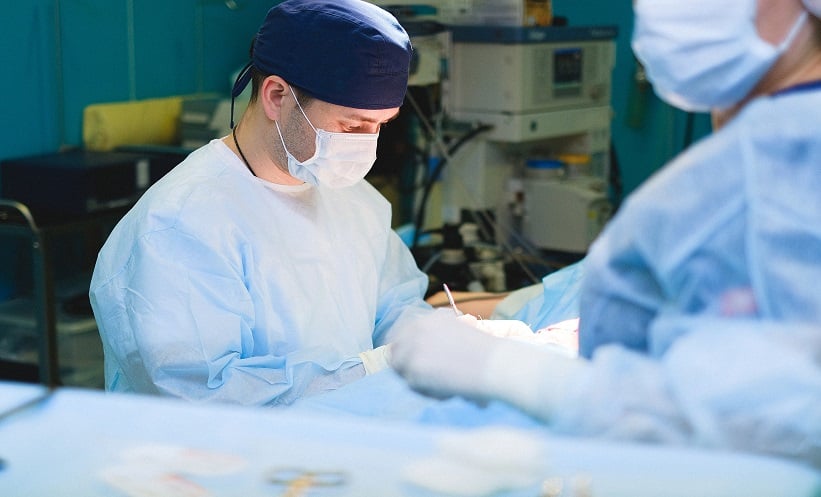LAPAROSCOPIC or robotic sacrocolpopexy (SCP) has become the preferred approach for females with pelvic organ prolapse. There has also been a steady rise in the rates of same day discharge (SDD) following SCP due to its minimally invasive nature. Therefore, a research team led by Tal Cohen, Stony Brook Medicine, New York, USA, sought to evaluate the trends and outcomes of laparoscopic or robotic SCP.
Patients with the current procedural terminology code 57280 were identified from the American College of Surgeons National Surgical Quality Improvement Program (ACS NSQIP) database between 2012–2020. Patients with a total hospital stay of 0 days were classified as SDD, with results compared to patients discharged on post-operative Day 1 or 2. Demographic data and peri-operative characteristics were compared between the two groups, with the primary outcome investigated being 30-day complications and readmission rates.
A total of 17,723 patients who underwent SCP were included, of whom 3,112 (17.6%) were SDD. Analysis revealed a significant association between SDD and year of operation (p<0.001), with rates of SDD increasing from 10% in 2012 to 31% in 2020. Considering demographic data, SDD patients were younger (p<0.001) and had a lower prevalence of diabetes (p<0.010). Most importantly, there were fewer cases of readmission following SDD, with rates of 1.5% compared to 2.5% in those discharged on post-operative Day 1 or 2 (p<0.01). Finally, SDD cases were associated with more superficial surgical site infections (p<0.001), but fewer cases of high grade (Class III–IV) complications (p<0.050).
Cohen summarised that “you invite the opportunity for complications if someone stays in the hospital for longer. I think the idea is just getting them out earlier would be better.” However, SDD patients were “more likely to have superficial surgical site infections,” and this may indicate “a greater need for education on wound care in these patients that are being discharged post-op day 0,” stated Cohen. Overall, the results indicate SDD after minimally invasive SCP may be a safer, cheaper option in the management of pelvic organ prolapse, but further patient education around wound care is imperative.








